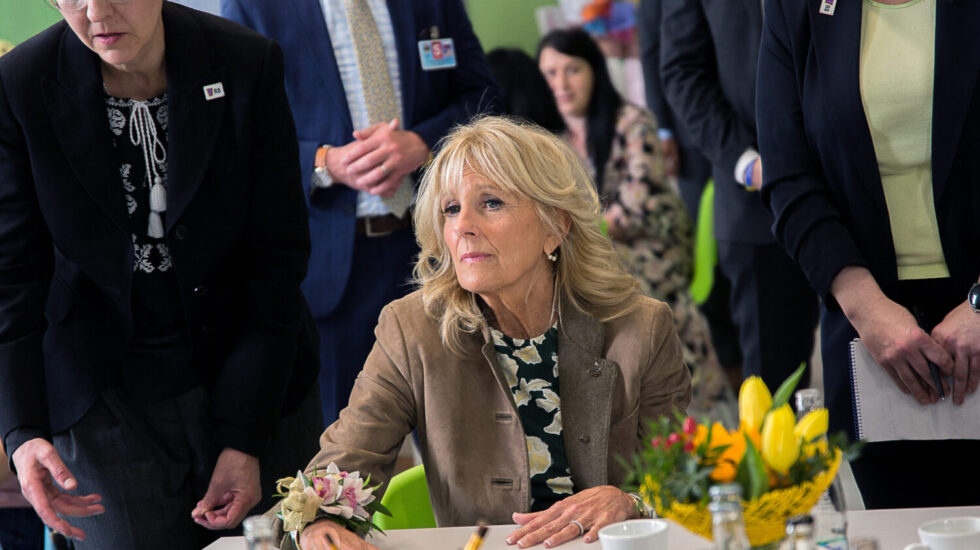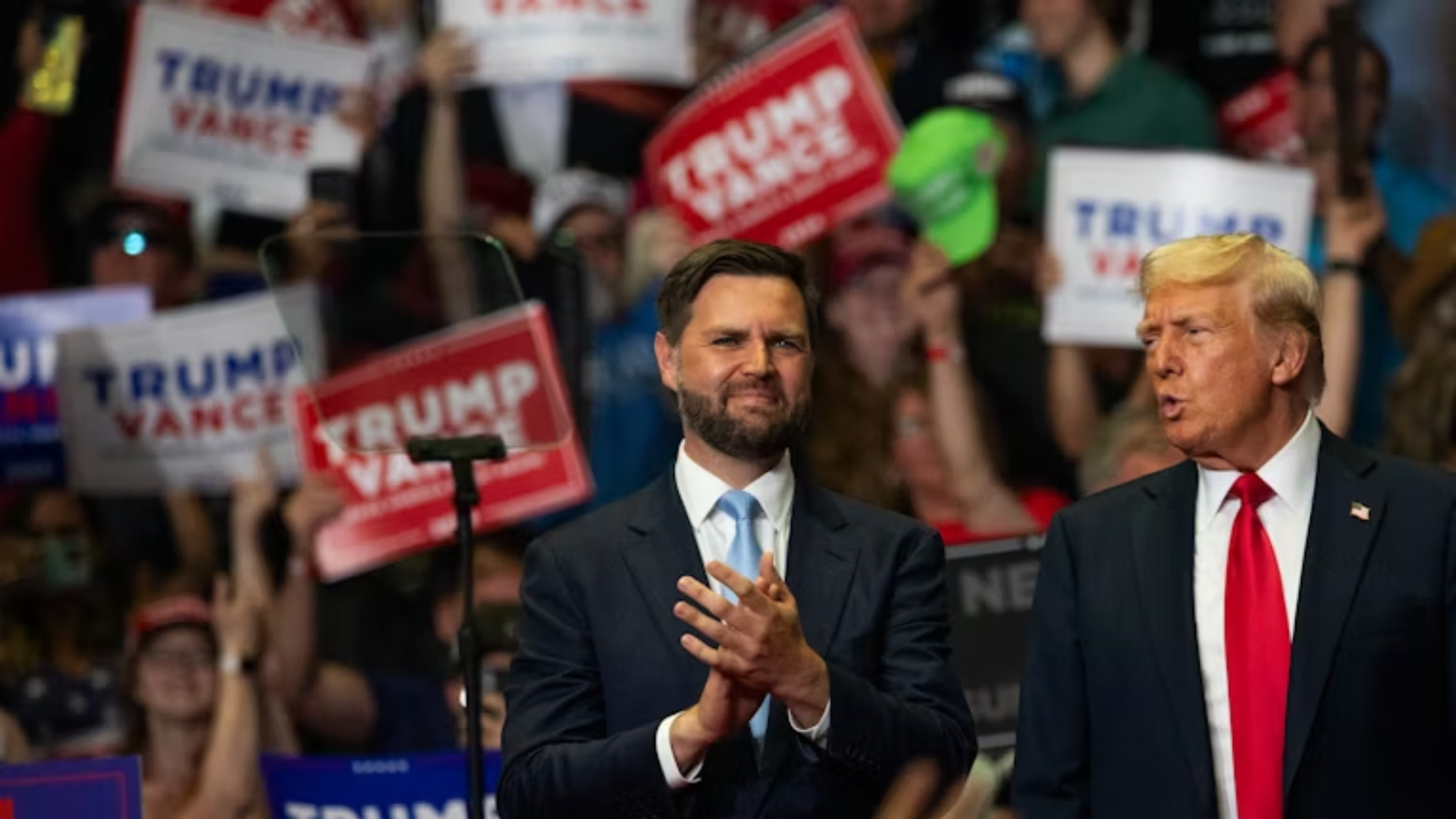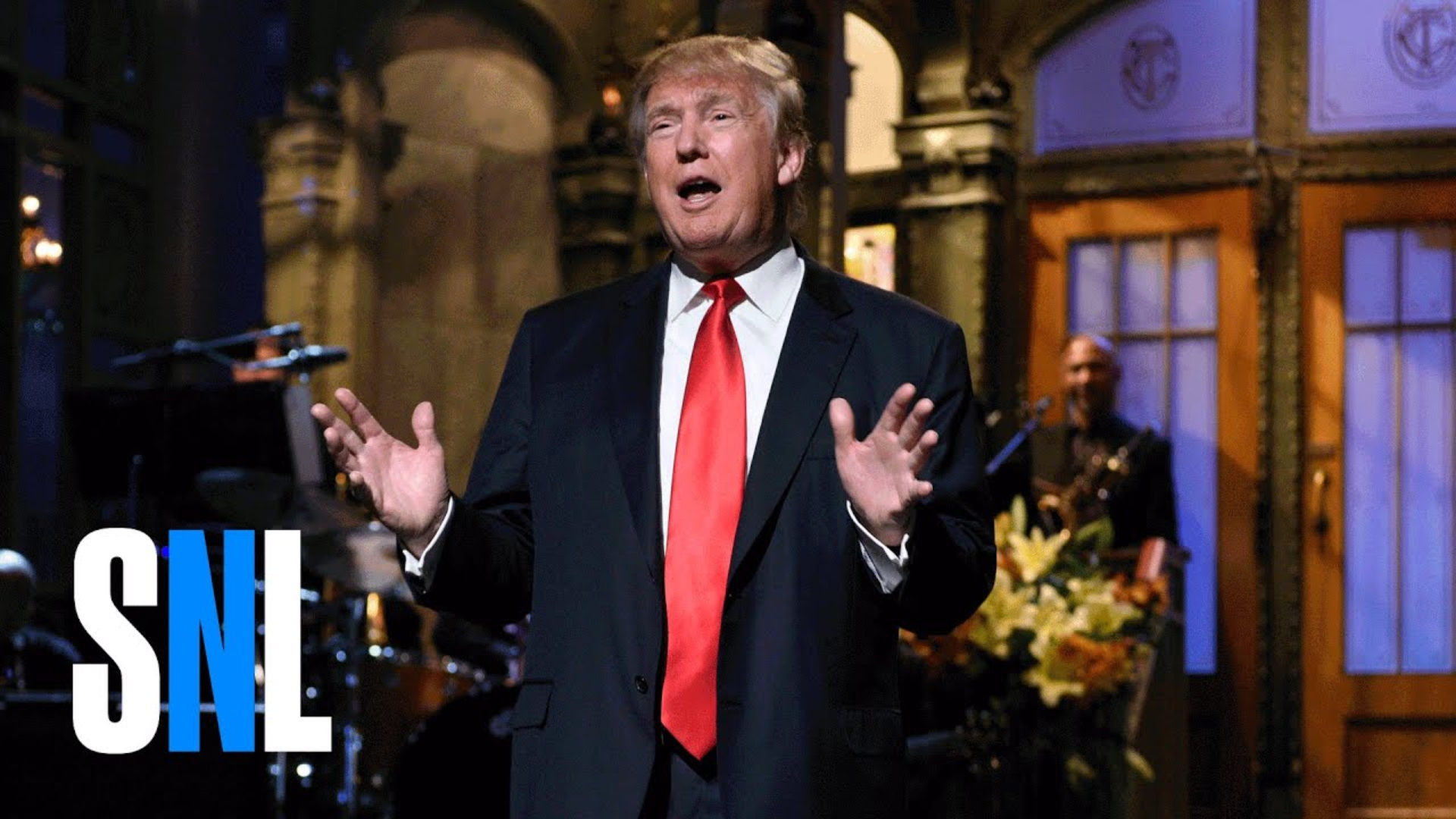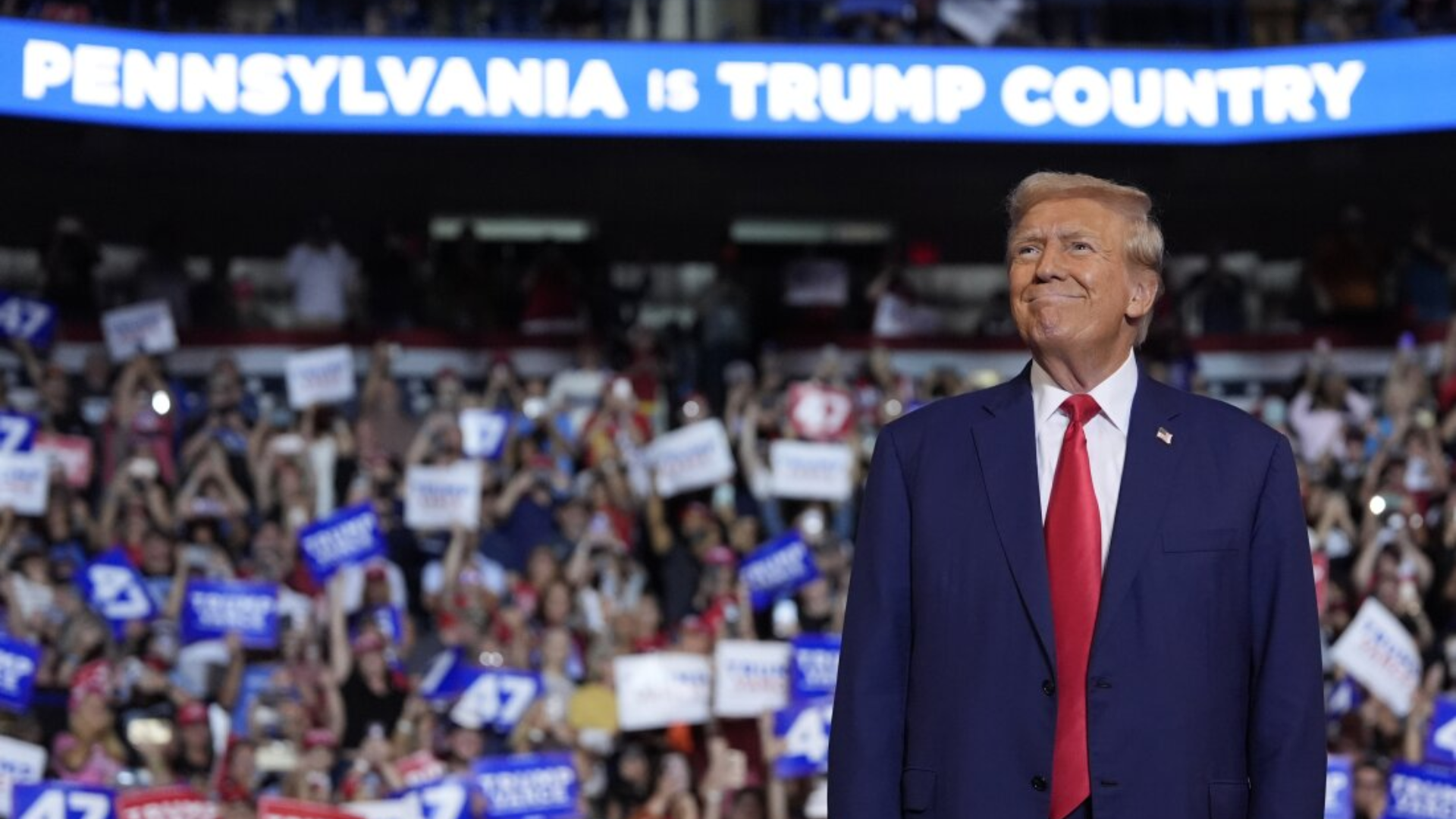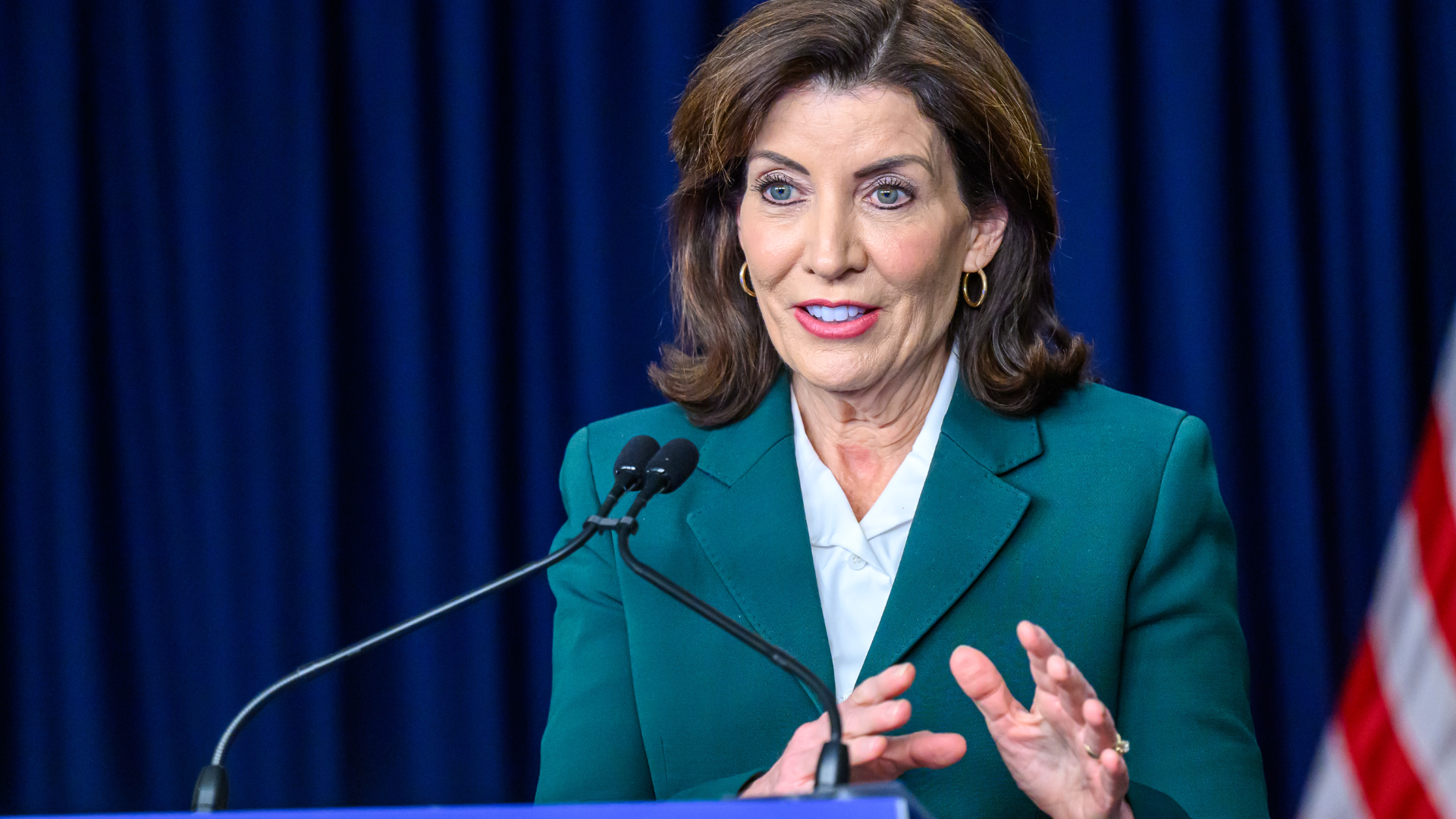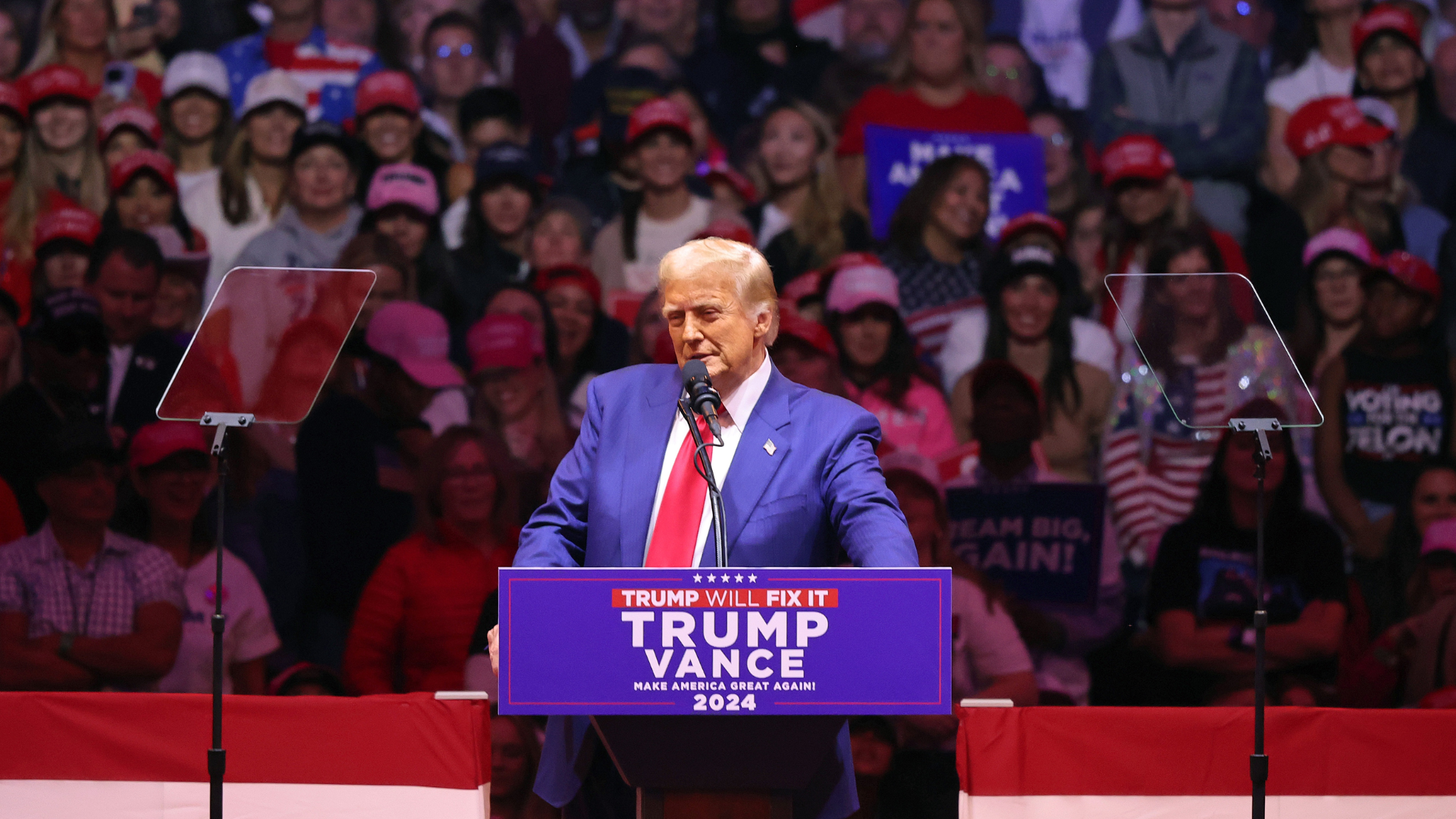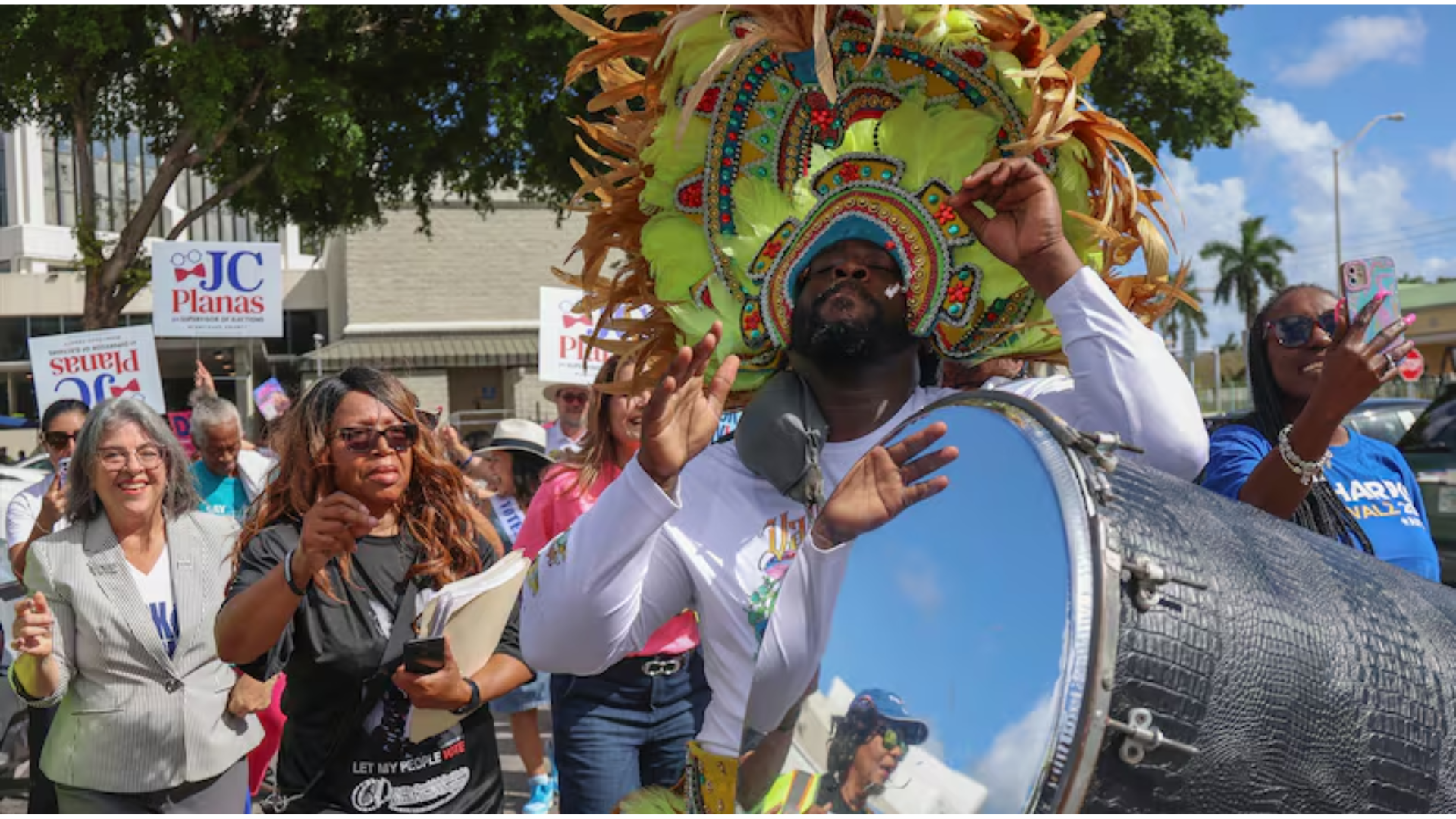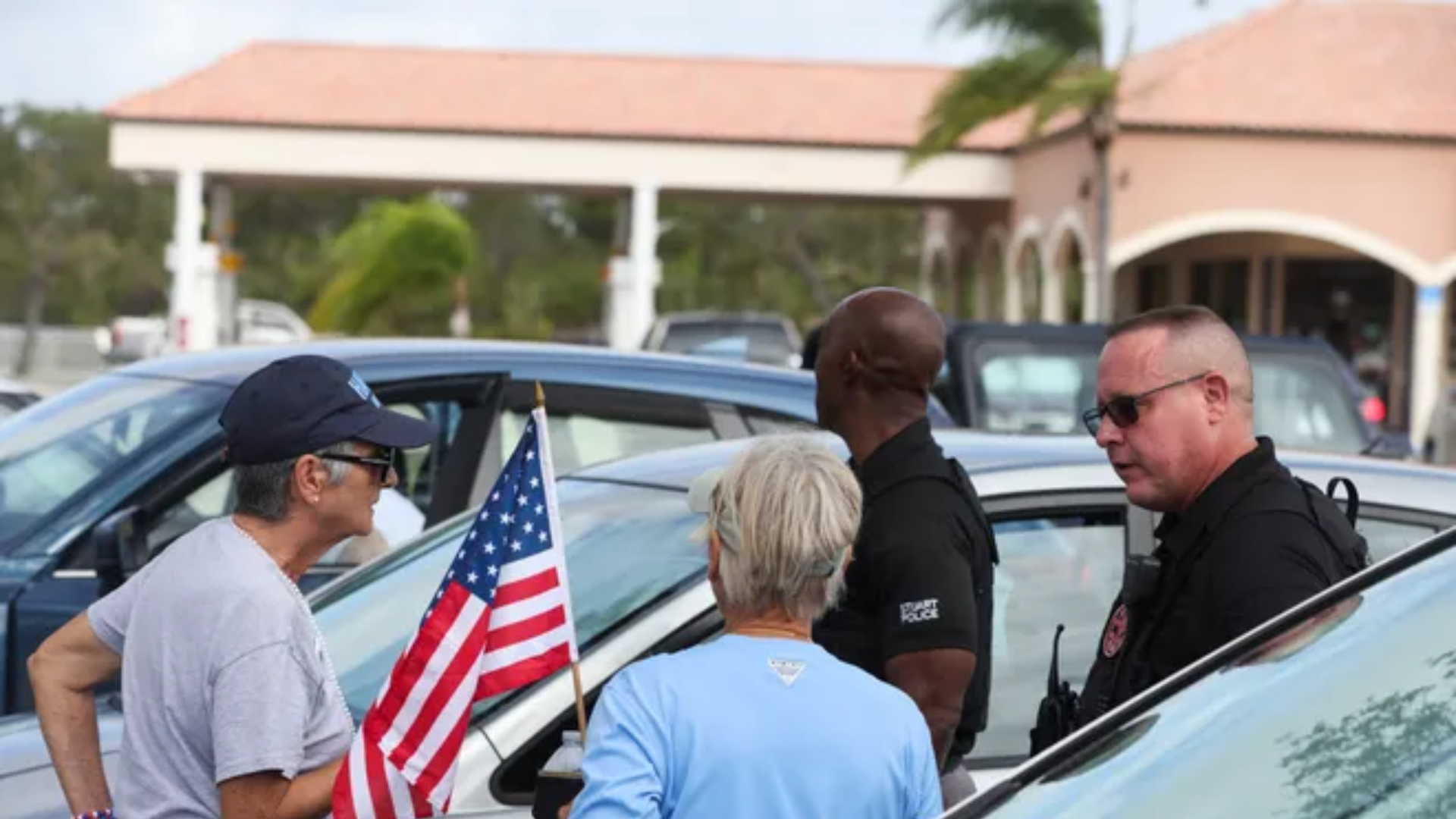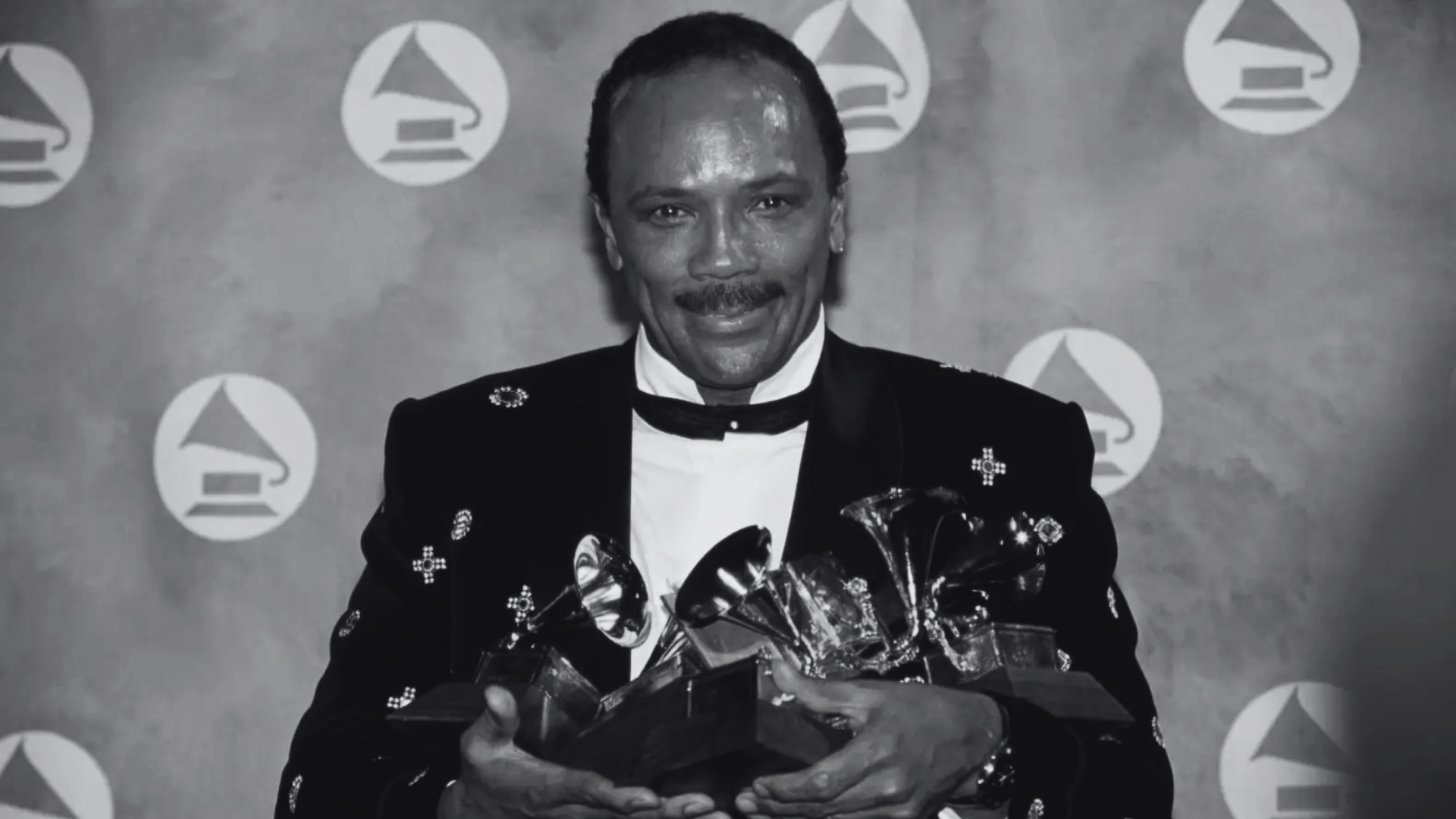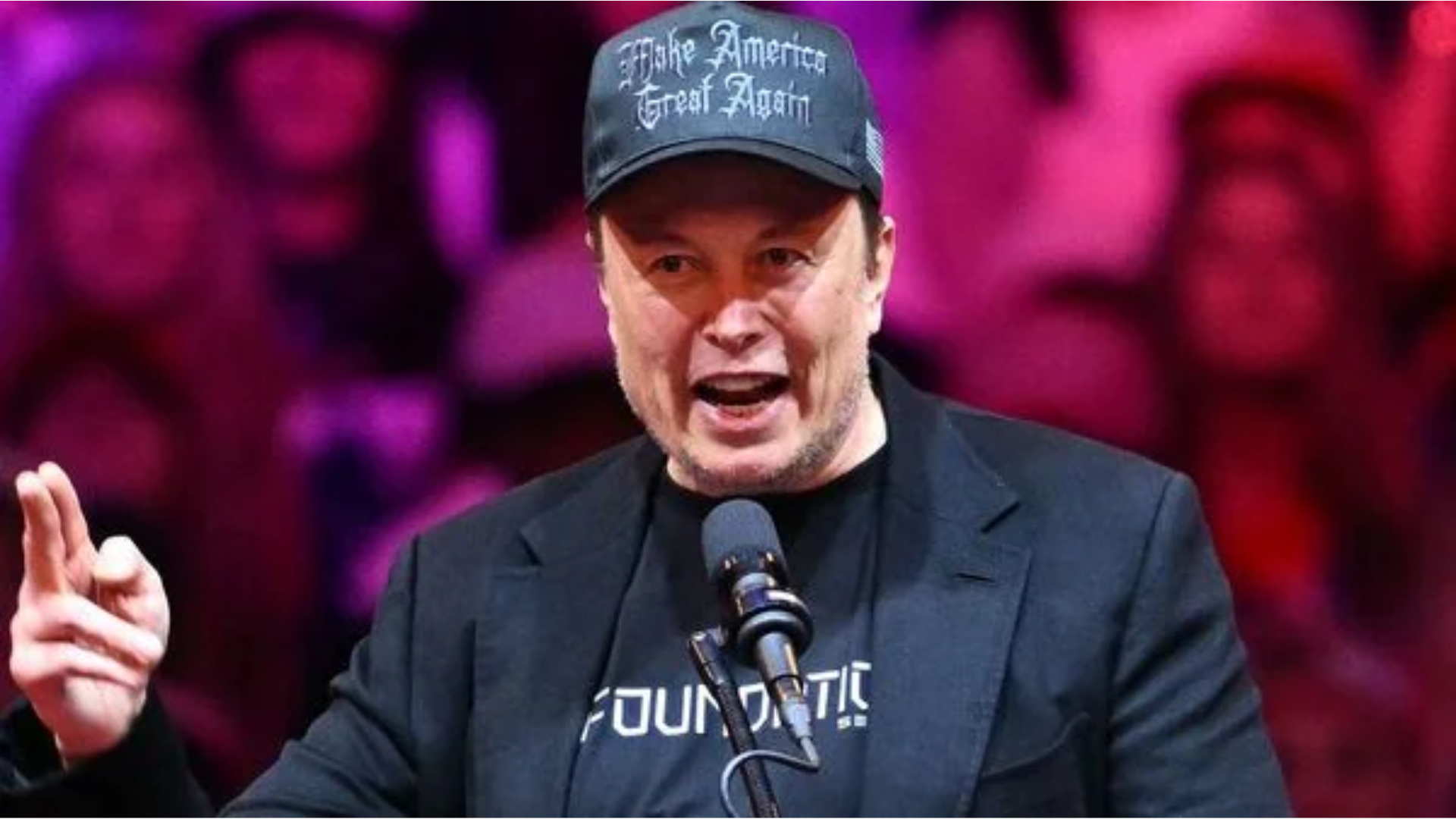
Pro-Palestinian college protests, which reached a peak of disruption last academic year, have noticeably lost momentum in the first weeks of the new semester.
A combination of factors, including activist turnover, protest fatigue, and stricter campus regulations, has led to a quieter atmosphere compared to the spring.
While students continue to organize protests, class walkouts, vigils for Gaza, and other demonstrations, none have caused the level of upheaval that led some universities to shift classes online last year.
Aly Moosa, a prominent pro-Palestinian organizer at Yale University, explained that the movement’s focus has shifted toward building a sustainable long-term effort, rather than the intense, reactive approach of previous protests.
“It was a deliberate and reactionary approach to showcase widespread solidarity amongst colleges, amongst initiatives, amongst organizations,” Moosa said of last spring’s protests.
He noted that the current period is one of reflection, with activists aiming to maintain the connections made during the spring while transitioning to a more sustainable form of organizing.
“It’s different from how it was in March and April, which was much more, you know, ‘Go big, go home’ approach, versus now. … We need to build a long haul, and we need to continue building on and passing this.”
During the previous academic year, more than 2,000 students were arrested in connection to the wave of pro-Palestinian protests that spread across campuses nationwide.
In contrast, this fall has seen far fewer arrests, with only two Columbia University affiliates being detained at a protest in New York.
Another factor now influencing the movement is the upcoming presidential election. According to Adam Swart, CEO of Crowds on Demand, a company that assists movements in organizing protests, divisions within the pro-Palestinian movement have emerged.

Some activists support Vice President Kamala Harris’s candidacy, seeing her as a lesser evil compared to former President Donald Trump in terms of U.S. policy on Palestine. Others see no significant difference between the two candidates.
“There are a lot of activists who see anything that they do that is disruptive as being counterproductive, because it would hurt Harris’s election chances,” Swart said.
“A lot of them are putting that same energy that they were putting into the protests, into making calls, demonstrating, rallying for Harris, right? So I think that that’s the reason why you’re seeing much smaller numbers and less significant demonstrations than before.” He further added.
“I’ve spoken to many, many in the Palestine community, and I want to be clear that they don’t like Harris, they don’t agree with her, but they see Trump and they see worse, and they’re campaigning heavily for Harris because they believe that after the election they’re going to — provided she wins — put a huge amount of pressure on her from her left flank to make concessions to the Palestine movement.”
Colleges themselves have also responded more firmly to the protests. Many universities have banned encampments on their campuses and imposed restrictions on the timing of demonstrations, often requiring students to seek administrative approval before staging protests.
These rules have stifled the movement’s impact, with activists finding it harder to gain significant concessions from their schools.
For example, Brown University, after initially promising a vote on divestment in exchange for the removal of student encampments, ultimately rejected the proposal earlier this fall.
According to Ron Halber, executive director of the Jewish Community Relations Council of Greater Washington, the movement’s lack of progress has been demoralizing for many activists.
“I think what’s happened is that they’ve lost momentum. I mean, the war has been going on now for a year. Other factors come into play. Other issues come up, the elections are going on. And I also think that they understand that they have failed to have any impact on U.S. policy, and that, basically, their rallies were a failure.”
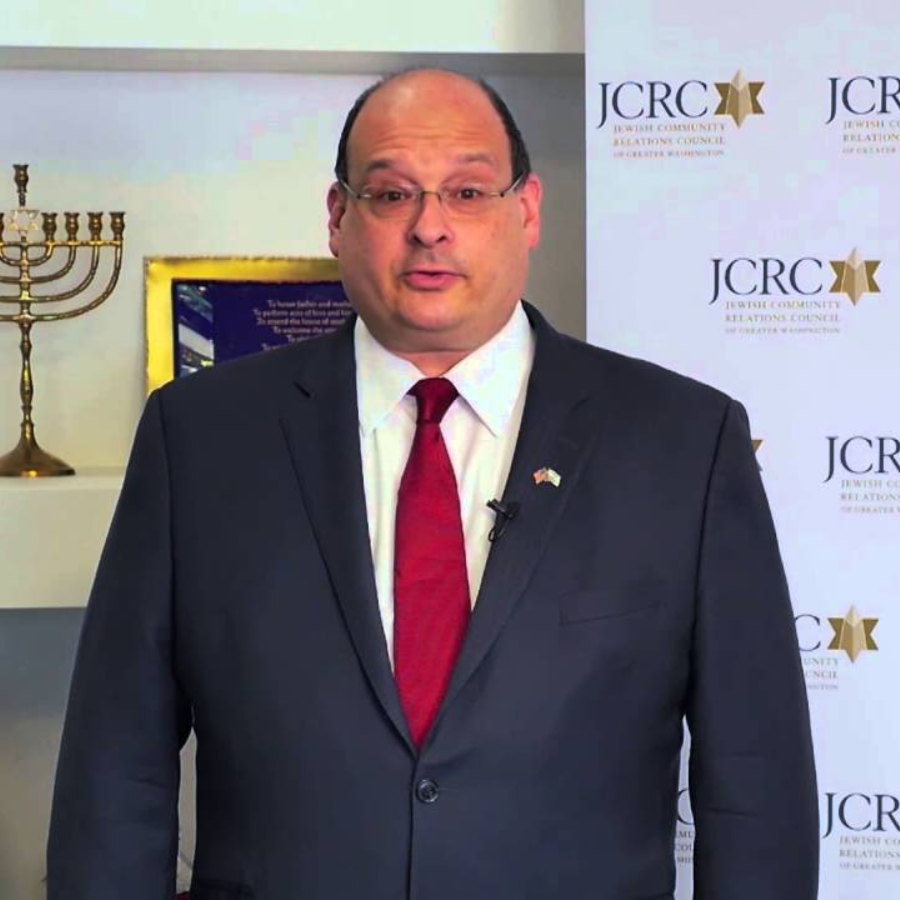
Despite the setbacks, some activists remain undeterred. Amr Shabaik, legal director for the Council on American-Islamic Relations in California, noted that students are adapting their strategies in light of the changing circumstances.
“I don’t think these students’ resolve is broken. I think it’s just a matter of new strategies, new tactics and ensuring that their voices are heard and that their schools continue to hear them and listen to them.”
